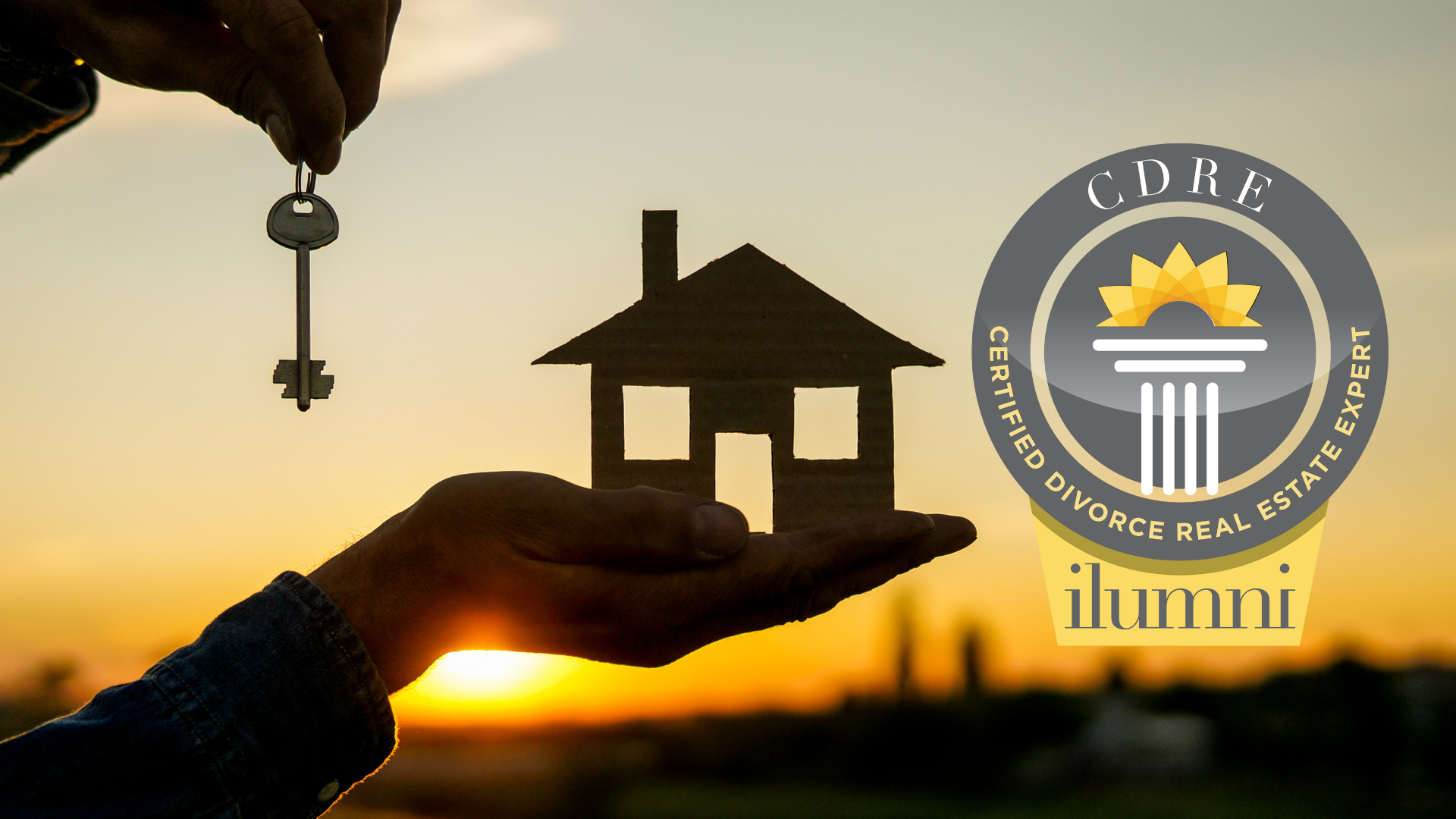If you’re shopping for a mortgage right now, chances are you’ve heard a lot of opinions about how much you should spend on a down payment. Many people think that the more you can spend on a down payment the better, but there are some factors at play that may dissuade you from making a large down payment. Keep reading to find out what it really means to make a small or large down payment on a home.
Don’t put down 20 percent or more if it will obliterate your savings
It’s not a good idea to make a big down payment (20 percent or more) if this will cause you to go broke. Don’t withdraw everything you have in savings to make that down payment. Lenders want to see that you have savings. Also, you need an emergency fund should there be a change in your life, like the loss of a job.
Large down payments tie up your money
If you decide to make a large down payment, know that a big chunk of change is now tied up in this house. If an emergency occurs, it will be hard to get that money back. Also, many new homeowners, in particular, forget about all the extras that come along with ownership: a boiler or furnace that needs replacing, a sudden roof leak, or even a new refrigerator. Getting cash out of a home is not as easy as putting it in! And there are other costs too, such as the need for a new car.
So don’t think that more is always better. This is something to discuss with your bank and your financial advisors.
A small down payment means also paying for PMI
If you want small monthly payments, however, putting less money down will not help you do that. Lenders tack on PMI (private mortgage insurance) if your down payment is less than 20 percent. This is an added monthly cost that you must factor in if you decide to put down a small amount of money on your home.
A small down payment means higher mortgage payments
Plainly put, a small down payment means you will pay a higher mortgage payment each month. If you take out a large loan, the interest rate on that loan will be higher than that on a small loan. If you plan to make a small down payment, know that things like PMI and higher interest rates will be a part of your future.
Look into loans that allow small down payments with no PMI
Government-backed loans like the VA loan, FHA loan and USDA loan all allow you to put very little down, but don’t require PMI. (However, there may be other kinds of insurance.) Look into the qualifications before applying for one of these loans ”“ there are income and location restrictions.
Deciding how much to spend on your down payment is not straightforward; it depends on the person and the situation. And bank and government policies can change quickly. For help deciding how much you should pay on a down payment, give us a call today.
Learn more at our upcoming first-time homebuyer class!
By attending you could receive up to 5% of your loan amount in down payment assistance. There are also many options for eligible first-time homebuyers, including reduced interest rates! Learn more: www.teamrebaclasses.com


